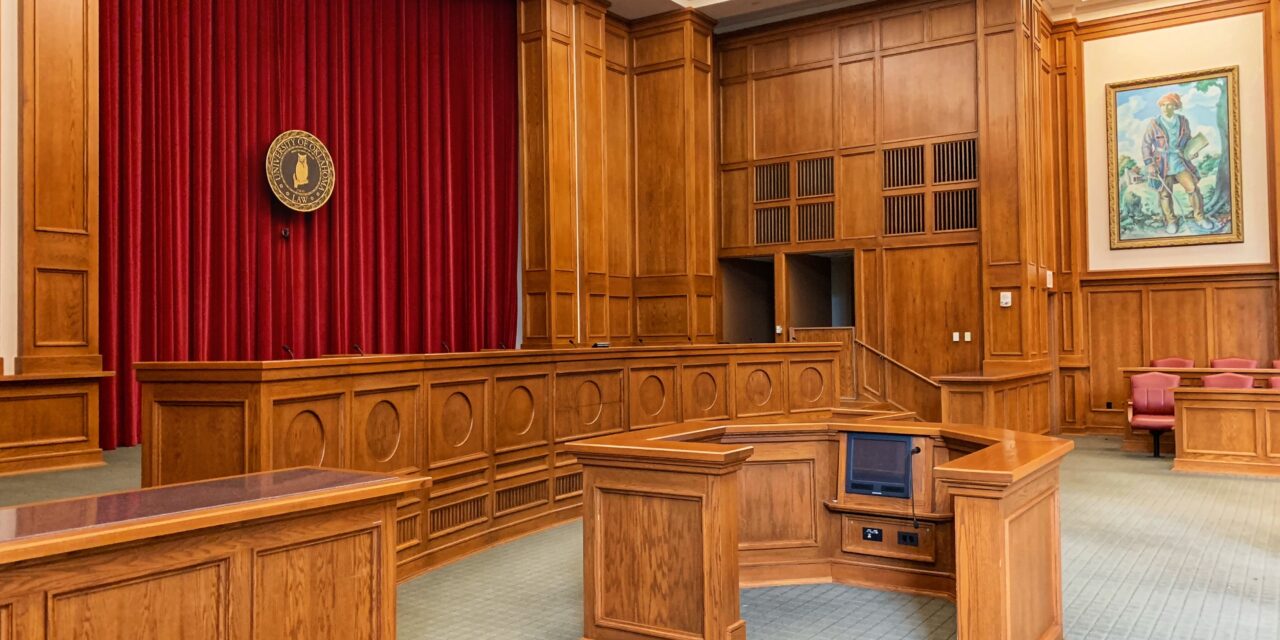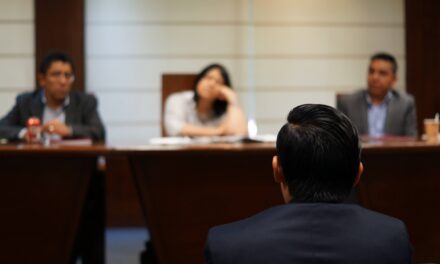This High Court case involves Dr Abhishek Singh, a registered dentist, appealing against the decision of the General Dental Council’s (GDC) Professional Conduct Committee (PCC) to impose immediate suspension and erasure from the dental register—effectively barring him from practising in the UK.
The charges relate to:
- Substandard treatment of Patient A (a family friend) between April 2019 and January 2021, including inappropriate clinical care and failure to obtain proper consent for a wisdom tooth extraction.
- Lack of support staff during procedures in premises that were formally closed.
- Misleading communication with the GDC during its investigation between 2021 and 2023, including claims about practice ownership and patient records.
- Failure to cooperate with the GDC by not providing indemnity documents or patient records.
The appeal was advanced on three principal grounds:
Procedural Irregularity
The Appellant contended that the PCC had failed to properly consider their explanation for the documents and had not given adequate weight to mitigating factors, including a previously unblemished record and personal circumstances at the time of the misconduct.
Error in Applying the Legal Test for Dishonesty
It was argued that the PCC had misapplied the test for dishonesty as set out in Ivey v Genting Casinos [2017] UKSC 67, by failing to fully assess the Appellant’s subjective understanding of the facts before determining whether their conduct was dishonest by the standards of ordinary decent people.
Disproportionality of the Sanction
The Appellant submitted that the 12-month suspension was excessive and failed to take into account the principle of proportionality, particularly given the absence of patient harm and the limited scope of the misconduct.
Mr Justice Fordham dismissed the appeal in its entirety. On the first ground, the Court held that the PCC had conducted a fair and thorough hearing, and had properly considered all relevant evidence, including the Appellant’s submissions and character references. The judgment emphasised that the PCC is a specialist tribunal with expertise in assessing professional standards and credibility.
In relation to the second ground, the Court confirmed that the PCC had correctly applied the Ivey test. It found that the Appellant’s subjective belief about the documents was not credible and that the PCC was entitled to conclude that knowingly false materials had been submitted. The judgment reiterated that dishonesty in regulatory proceedings undermines public confidence and must be treated seriously.
On the third ground, the Court held that the sanction was appropriate and proportionate. It noted that while no direct patient harm had occurred, the misconduct involved a serious breach of trust and an attempt to mislead the regulator. The suspension was deemed necessary to uphold professional standards and deter similar conduct.
Disclaimer: The accuracy and information of news stories published on this website is accurate on the date of publishing. We endeavour to update stories if information change. You can contact us with change and update requests. Where possible, we will link to sources. Content on this website is for guidance purposes only. We cannot accept any responsibility or liability whatsoever for any action taken, or not taken. You should seek the appropriate legal advice having regard to your own particular circumstances.

Restoration Courses
Courses suitable for any health and social care practitioner who is considering making an application for restoration back onto the register.

Insight & Remediation
Courses that are suitable for any healthcare practitioner who is facing an investigation or hearing at work or before their regulatory body.

Probity, Ethics & Professionalism
Courses designed for those facing a complaint involving in part or in whole honesty, integrity and /or professionalism.







Recent Comments